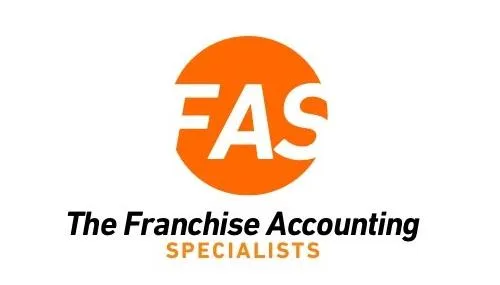
Beginner’s Guide to Starting Your Own Franchise Business – Part One: The decision to be your own boss
So, you want to start your own franchise business? Well, you’re in good company. As of the second quarter of 2024, approximately 13.1% of the population of the United Kingdom were self-employed. And, no doubt, the rate will only increase.
Many people dream of being their own boss for many reasons, not least the reward of being fully independent, making important decisions, and reaping the financial rewards for their efforts.
But where do you start?
Being your own boss does require some planning and preparation. There are three main areas of consideration here. The first is forming your franchise business and getting ready to trade, the second is the consideration of tax, and the third is the actual running of the franchise in terms of systems, cashflow, and financial management.
In this first blog, we’ll take you through a whistle-stop tour of setting you up.
Firstly – you’ll need to examine the legal entity of the franchise company. Now, there are a few, depending on what kind of franchise you’re building:
1. Sole trader: this is perhaps the easiest form of business to own and operate. It doesn’t need any formal legal organisation, except if you need licenses or permits for your line of business. There are no operating regulations, and decisions are made entirely by the franchise business owner.
2. Partnership: is a legal entity whereby two or more individuals run the franchise business together and have ownership of the company’s assets, authority, and obligation in the running of it and responsibility for any liabilities; all of which can be written into a partnership agreement.
3. Limited Liability Partnership (LLP): is a partnership registered at Companies House in which the franchisees have limited liabilities. Unlike a traditional partnership (as above), each partner is not liable for another partner's misconduct or negligence, but it also means that the company’s financial statements are made publicly available.
4. Limited Company: is again registered with Companies House, files tax returns, and is responsible for its own debts. However, the owners of the franchise business are only liable to the extent of the amount of capital they invested.
Next steps
Once you’ve decided what form of legal entity would suit you, the next step is to decide who you want to work with and how. Do you want to take on staff, contractors, or run all aspects of the franchise yourself?
Taking on staff means you can take on more work. Employing people gives you consistency but comes with all the liabilities of an employer, including insurance, salary, pensions, and other benefits that you may want to include, as well as the time-consuming management of your team.
The main benefit of using contractors is that it takes away most of the responsibility of having an employee but does come with the risks associated with contractors not being permanent.
Doing it all yourself gives you authority over every aspect of your franchise business but might mean you can’t take on any extra work when you want.
Insurance
Insurance is one of the most important aspects of your franchise business to consider and can cover and protect virtually every aspect of it, from property, equipment, and fire and theft to accident and injury.
The levels at which you buy insurance depends very much on your type of franchise, so it’s important to seek advice from an insurance broker on this but think about the terms of your building – whether you own outright, have a mortgage, or lease it. And, if you’re working from home, be sure that your home insurance isn’t invalidated as a result.
Talk to your broker about public, employers, and products liability insurance and whether you might need professional indemnity.
Advice
Other professional advice to seek when you first set up, especially a partnership, LLP or limited company is, of course, legal. An expert in the field of business law (and ideally with franchises) is a great source of information so that you’re set up correctly from the start.
And of course, last but by no means least, the importance of advice and ongoing services from accountants cannot be overstated. Here at the Franchise Accounting Specialists we provide a comprehensive accountancy service for small to medium-sized companies, covering everything you’ll need to set up your franchise business.
If you’d like to talk through the type of business entity that’s best for you, feel free to contact us: https://franchiseaccountingspecialists.co.uk/contact
Stay tuned for Part Two where we’ll run through all aspects of setting up your tax.

